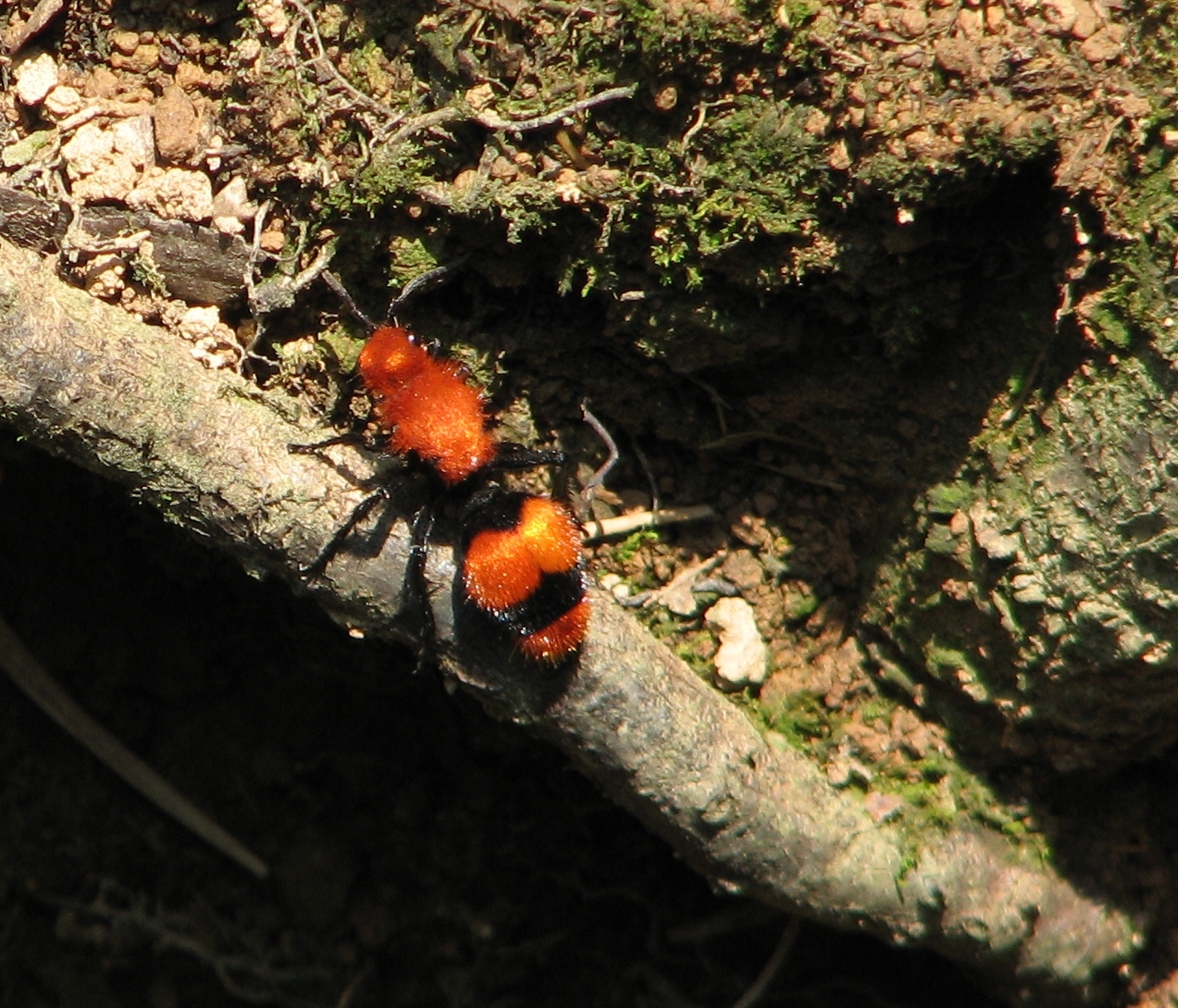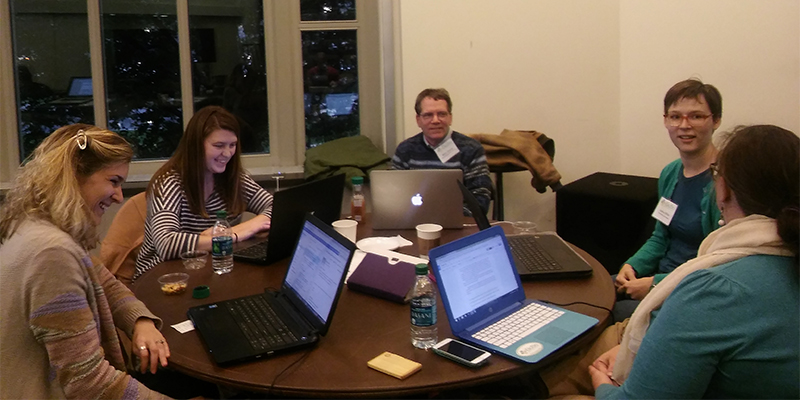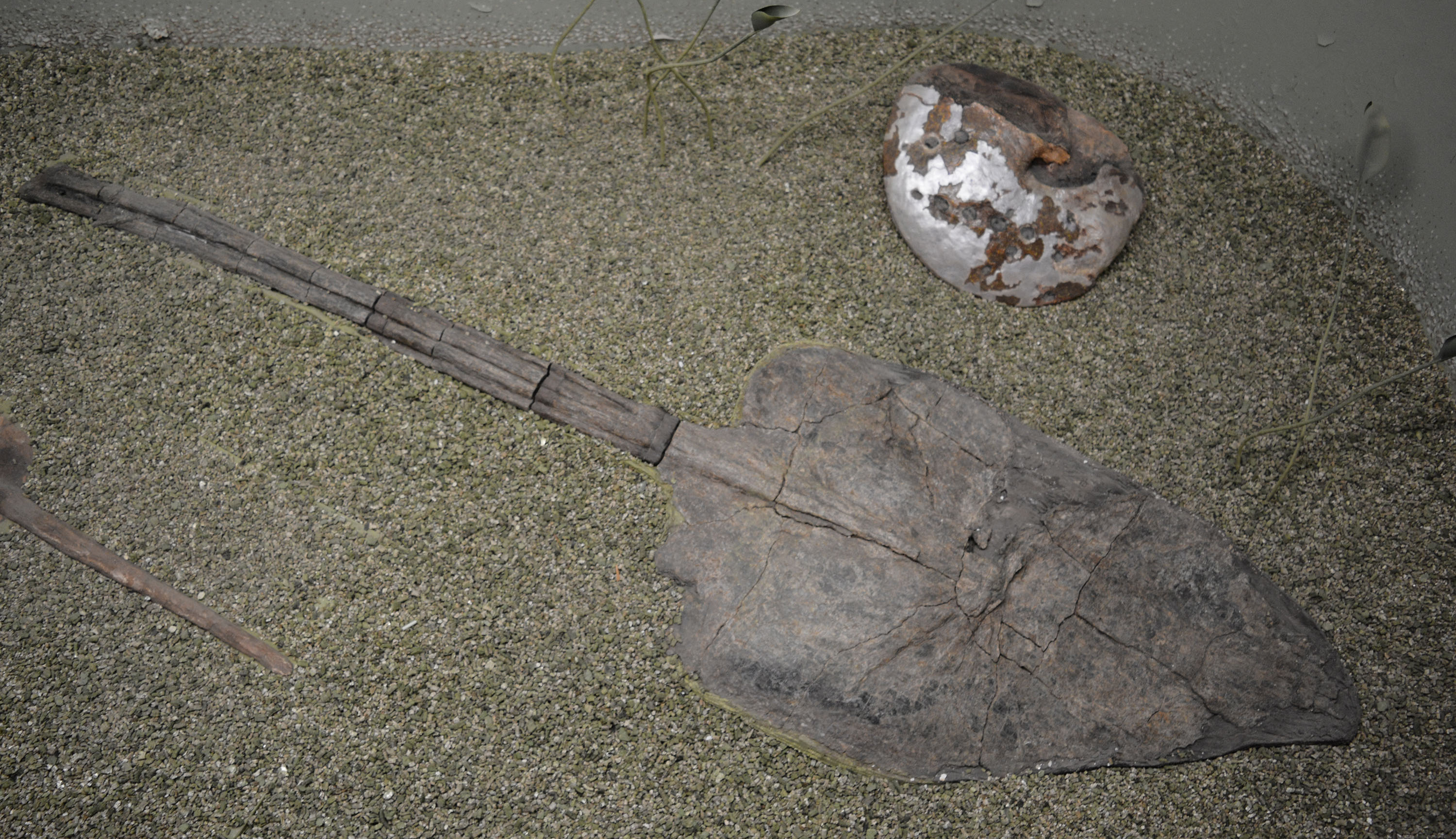Data Questions? Data Help Desk has the Answers
Originally published by the Ecological Society of America, Ecotone Blog (after ESA/USSEE 2019 Conference). Reposted with permission from ESA.
Amber E. Budden, Megan Carter, Jeanette Clark, Kyle Copas, Stevan Earl, Megan A. Jones, Margaret O’Brien, Deborah L Paul, Dmitry Schigel, Kristin Vanderbilt, Rebekah Wallace








